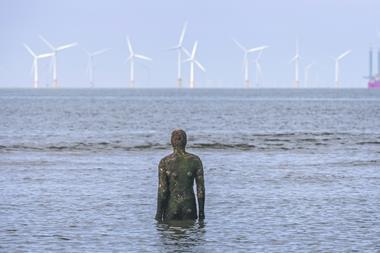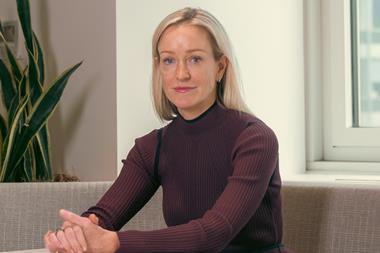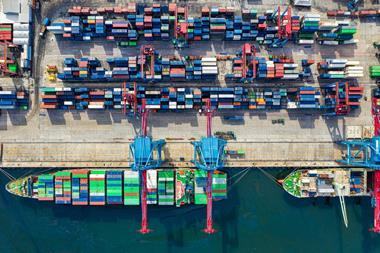EUROPE - A group of UK-based institutional investors, including the Universities Superannuation Scheme (USS), has urged investors to engage with companies and policymakers on the issue of climate change adaptation, and to incorporate the related risks into their analysis and decision-making.
Findings from the report of the 'Managing the Unavoidable' project - established in 2008 by Henderson Global Investors, Insight Investment, Railpen Investments and the £26.8bn (€29.7bn) pension fund USS - revealed institutional investors are failing to take changes in weather patterns into account in their investment decision-making. (See earlier IPE article: Pension funds explore climate change pressures)
It argued extreme weather conditions receive the most attention in risk assessment processes while "creeping" average changes, which are more subtle, "may pass undetected until critical thresholds are breached, potentially resulting in 'step change' impacts on a company". These could include increasing operational costs, falling revenues or unplanned capital investments.
The report, which focused on the impact of climate change adaptation on four sectors - electric utilities, oil and gas, real estate and water utilities - also claimed companies are neglecting potential the indirect impacts on their business models, such as disruption to supply chains, and are instead focusing attention on fixed assets.
Findings also clai"weaknesses and inconsistencies in public policy are major obstacles to action", and the report's authors urged investors to play a more "proactive role in public policy debates on adaptation", to ensure that unsuitable/risky developments - such as those built on flood plains - are either regulated against or designed with adaptations measures.
The research, conducted in association with Acclimatise, noted changes in weather patterns could particularly affect investors in sectors dependent on large fixed assets - such as tourism, construction, and energy - alongside other climate sensitive sectors including healthcare, agriculture and insurance.
But it added: "While there are obvious risks associated with a changing climate, there will also be significant investment opportunities arising from adaptation. For example, the need to increase expenditure on flood defences will probably benefit companies specialising in the financing, management and engineering of large infrastructure projects."
David Russell, co-head of responsible investment at USS, noted: "Most companies see climate change primarily in terms of downside risk management. However, from an investment perspective, climate change may also present opportunities."
The report argued investors should consider climate change risk on a "sector-by-sector and company-by-company basis", to ensure firms have correct governance and management systems in place.
Hilary Benn, the UK secretary of state for Environment, Food and Rural Affairs (DEFRA), stated in the foreword: "In outlining the risks that inevitable climate change poses for companies, this report encourages investors to examine adaptation-related risks in their portfolios and use their influence to encourage companies to manage these risks more effectively."












